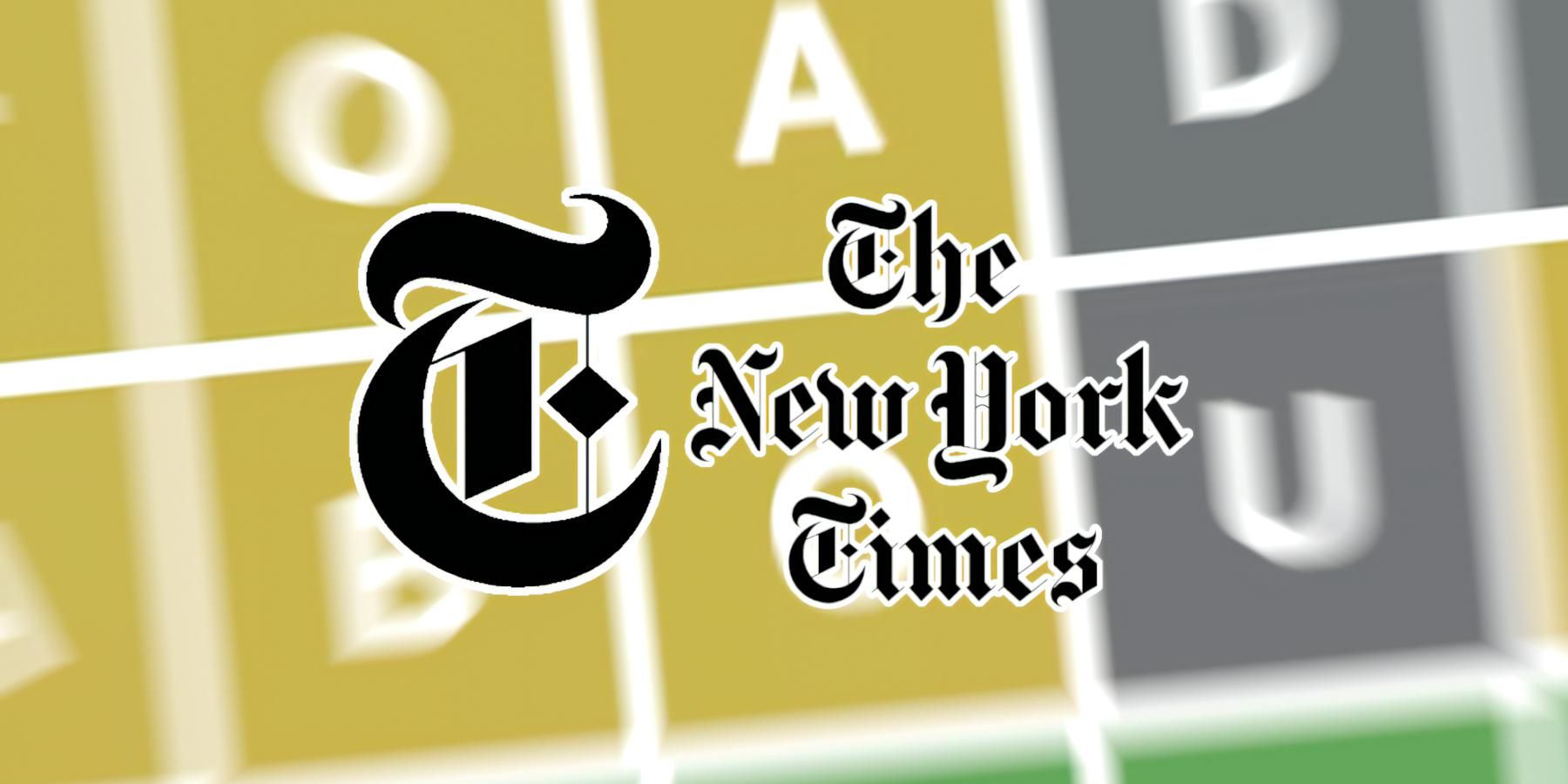Four months ago, Wordle creator Josh Wardle would have never guessed his little game project would be acquired by The New York Times, but that’s exactly what happened for the developer and former Reddit employee. The four-month-old game has rapidly earned widespread recognition and many fans in its short life, but players are now worried that the acquisition spells bad news for Wordle.Wordle was reportedly developed by Wardle as a private project to kill time during the COVID-19 pandemic. The word-solving puzzle game was built for his partner, Palak Shah, who has described the game as a gesture of love. The couple are fans of word games, particularly the New York Times Spelling Bee, but Wordle has also been compared to games such as Lingo and Jotto. It hooked in hundreds of thousands of players in late 2021, taking social media by storm and spawning a number of Wordle clone games.Wordle will join a variety of other browser games hosted by The New York Times, after recently being acquired for an undisclosed sum “in the low seven figures.” The company claimed Wordle would initially remain free, but reports indicate it is part of the company’s plan to increase its subscriber base to 10 million by 2025. Fans have reacted with concern about Wordle being acquired by The New York Times, believing it won’t be long until the game is put behind a paywall or injected with adverts and trackers. However, Wardle recently issued a statement on Twitter, claiming the game would remain “free to play for everyone.”
Anxiety about the acquisition remains. Posting to the /r/Wordle community on Reddit, some players tried to make light of the situation, which has been unfolding over the last few days. One user joked that The New York Times paywall should be replaced with Wordle.
Others have noted that Wordle can’t be locked behind a paywall, because the game is freely available and can be downloaded. Players can simply save the Wordle webpage from the browser, as the game runs client-side, meaning it doesn’t need to be connected to an online server to work. All future words are hard coded into the game; this is why it was possible for someone to create a Twitter bot that spoils future Wordle answers. In the long-term, it’s reasonable to expect that Wordle will be updated by The New York Times in some way, but the game—at least in its current form—can be preserved by players who don't want it to be changed. However, not everyone is concerned about the changes. Some reacted positively to the news, particularly those who already play word games by The New York Times.
In early January (and prior to the acquisition) Wardle addressed concerns about the future of Wordle, claiming he was against ads, and promising Wordle would remain free-to-play. He also expressed suspicion about the tactics mobile games often use to keep players hooked. Although The New York Times acquisition may seem like a flip-flop on this position, it will be interesting to see if Wardle’s promise that the game will remain “free to play for everyone” will hold up in the long run.
Wordle is now available now for web browsers.
Source: NY Times

